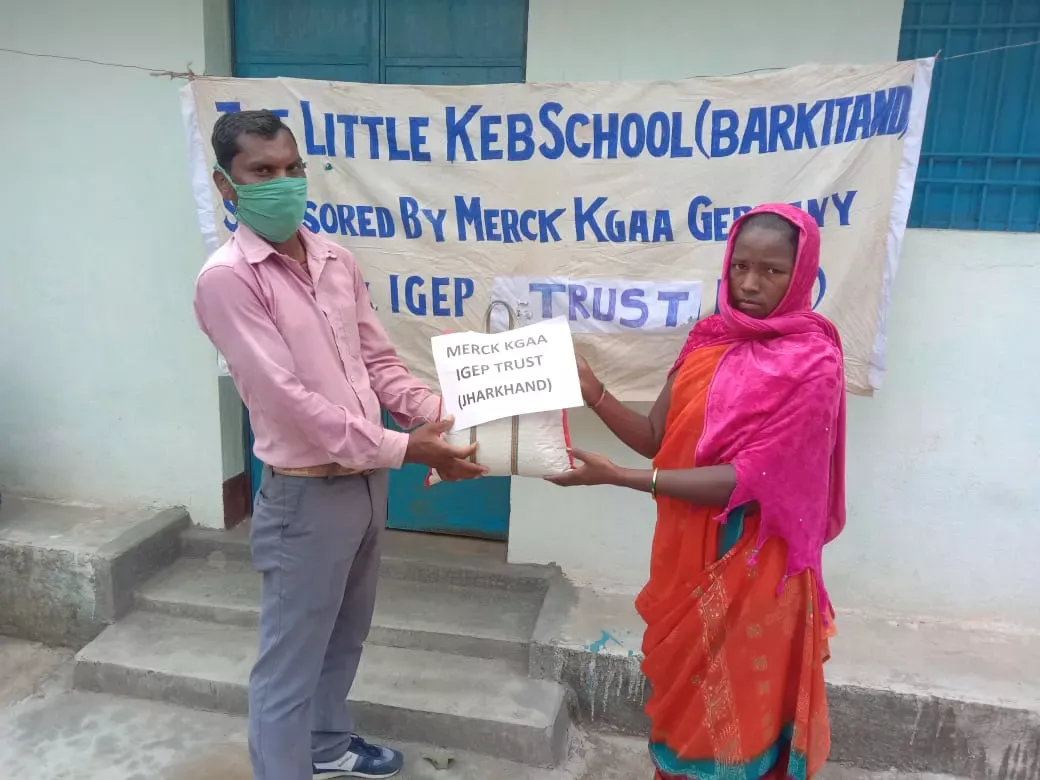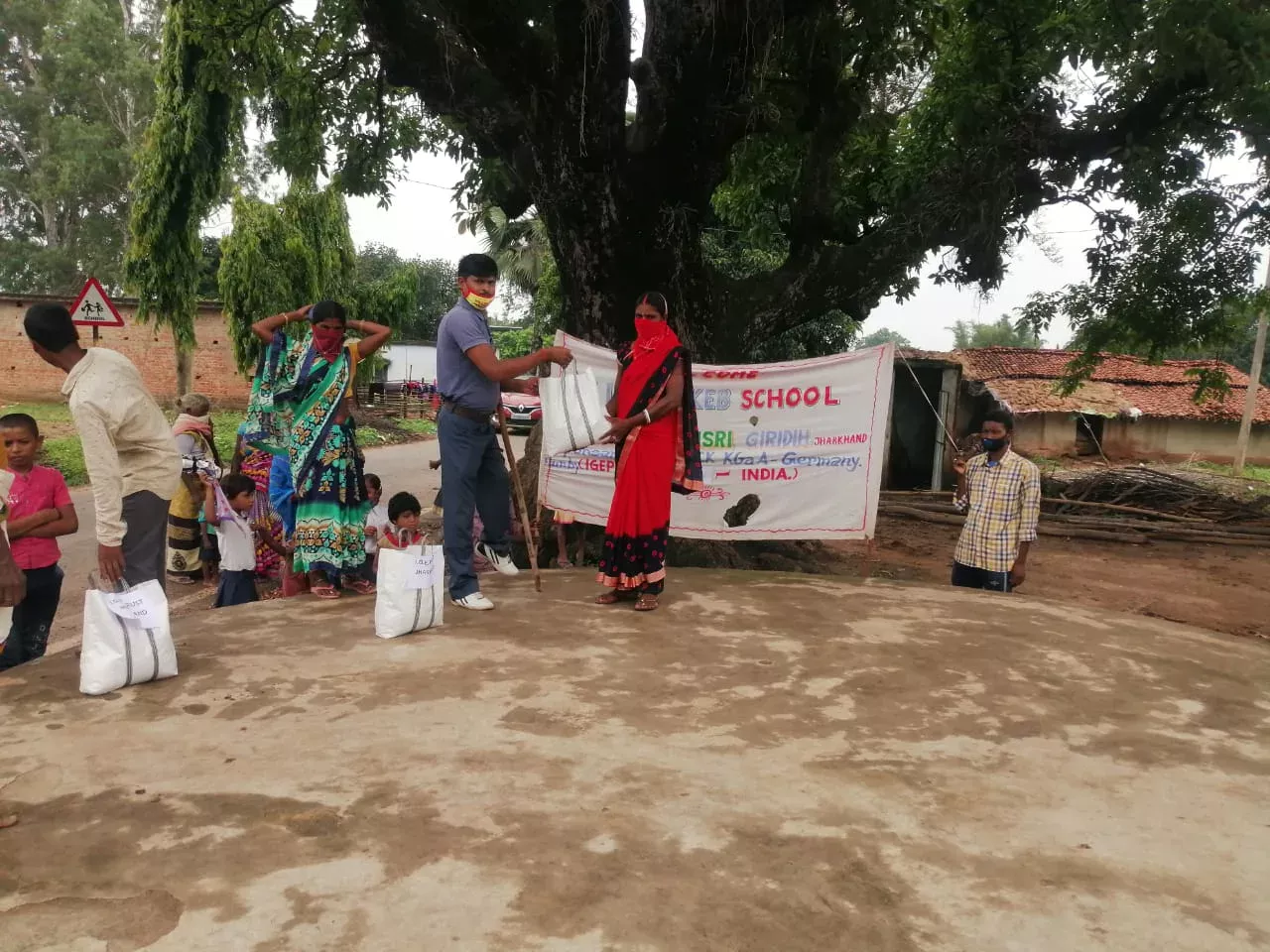IGEP strengthens Indian exports and supports labor-intensive sectors such as textiles, garments, handicrafts, natural stones sector and carpets. Vocational training in tailoring, carpentry and other practical trades is a core part of their work, alongside promoting social and environmental standards like child labor abolition and workplace safety.
Vocational Training in India
- Carpentry:Provides youth with mechanical aptitude employment opportunities in furniture, rural housing, and industry packaging.
- Tailoring:Particularly accessible to women, often home-based or in small workshops with flexible hours.
- Carpet Weaving:A historic, labor-intensive craft that supports marginalized rural communities but faces challenges like child labor and market instability.
IGEP's Role in Community Development
- Skill training programs in trades such as tailoring, carpentry, etc.
- Support for the industry via social standards and export promotion.
- Infrastructure and market linkages through trainings, design centers, and trade fair participation.
- Development of ISES 2020, a social and environmental certification standard improving labor conditions.
Benefits and Challenges
- Increased employment opportunities in rural and semi-urban areas.
- Women's empowerment especially through tailoring.
- Preservation of cultural heritage through support for traditional crafts.
- Economic uplift and better market access through global standards.
- Challenges: Geographic reach, resource constraints, localization of training, ongoing support, and ethical standards awareness.
Way Forward
IGEP's integration of vocational training, social standards, and market support demonstrates a sustainable model for community development that uplifts livelihoods, preserves cultural identity, and promotes inclusive growth.


